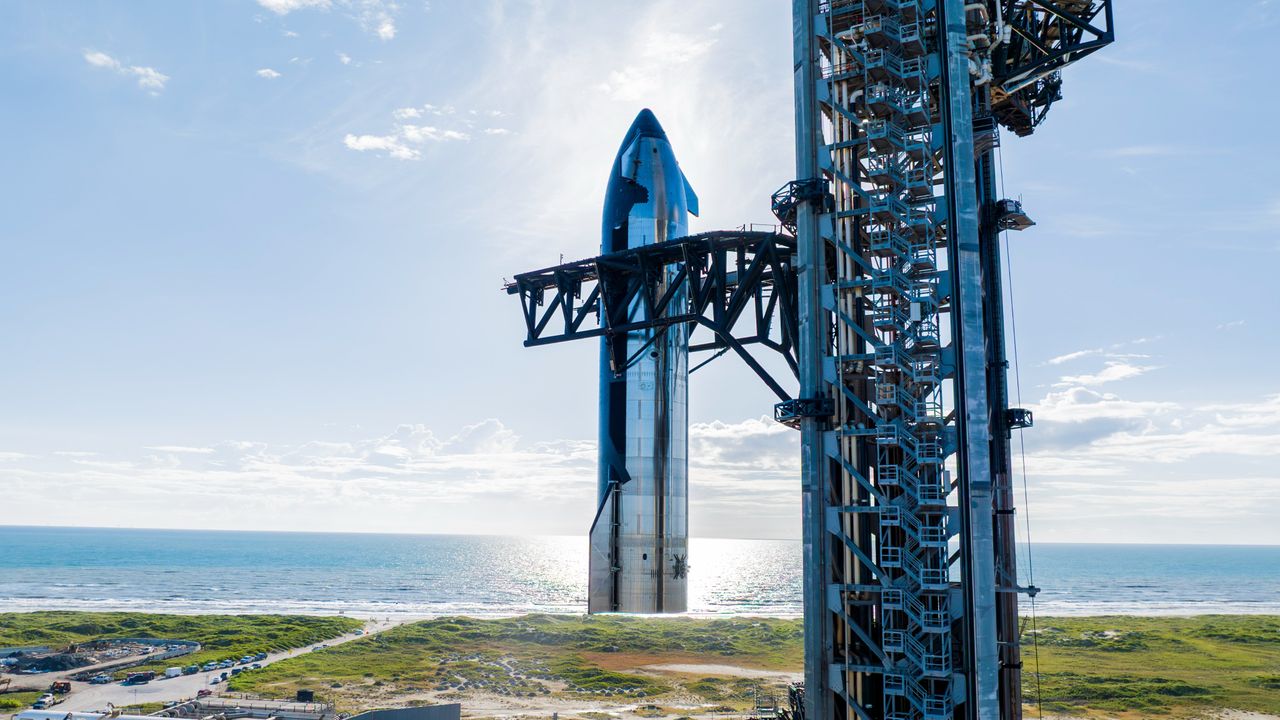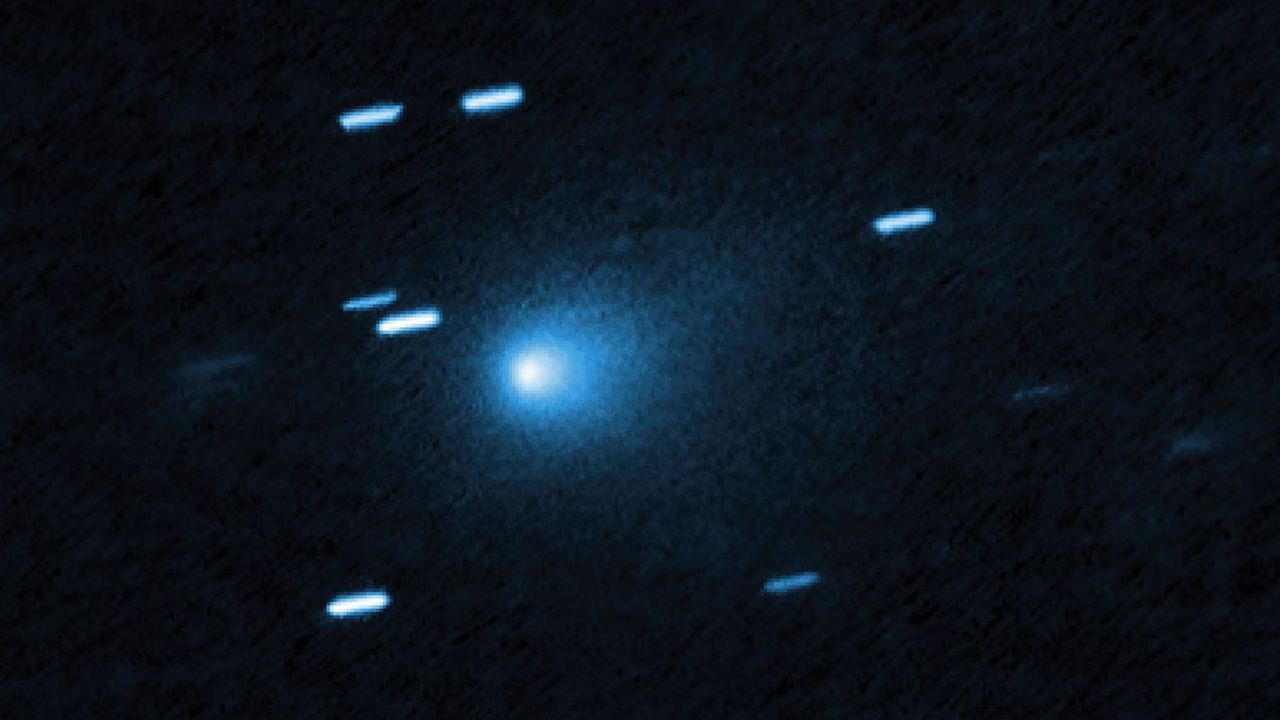New AI tool can predict a person’s risk of more than 1,000 diseases, say experts
PositiveScience

A groundbreaking AI tool named Delphi-2M has been developed by experts from the European Molecular Biology Laboratory, the German Cancer Research Centre, and the University of Copenhagen. This innovative technology can predict an individual's risk of over 1,000 diseases and forecast health changes for the next decade. This advancement is significant as it empowers individuals with personalized health insights, potentially leading to proactive healthcare measures and improved health outcomes.
— Curated by the World Pulse Now AI Editorial System





